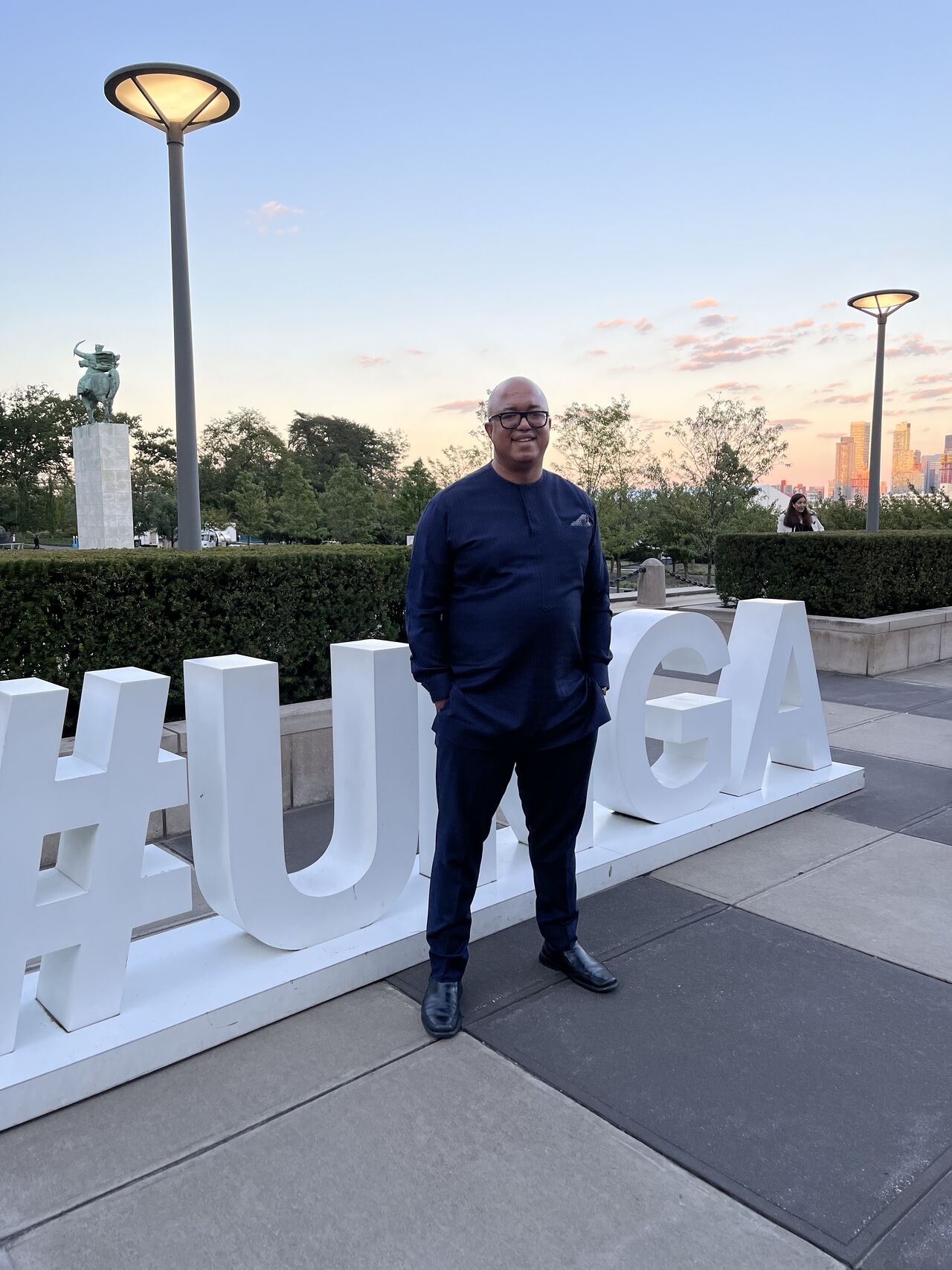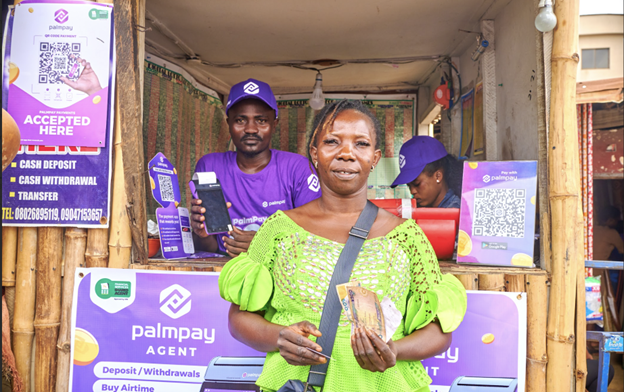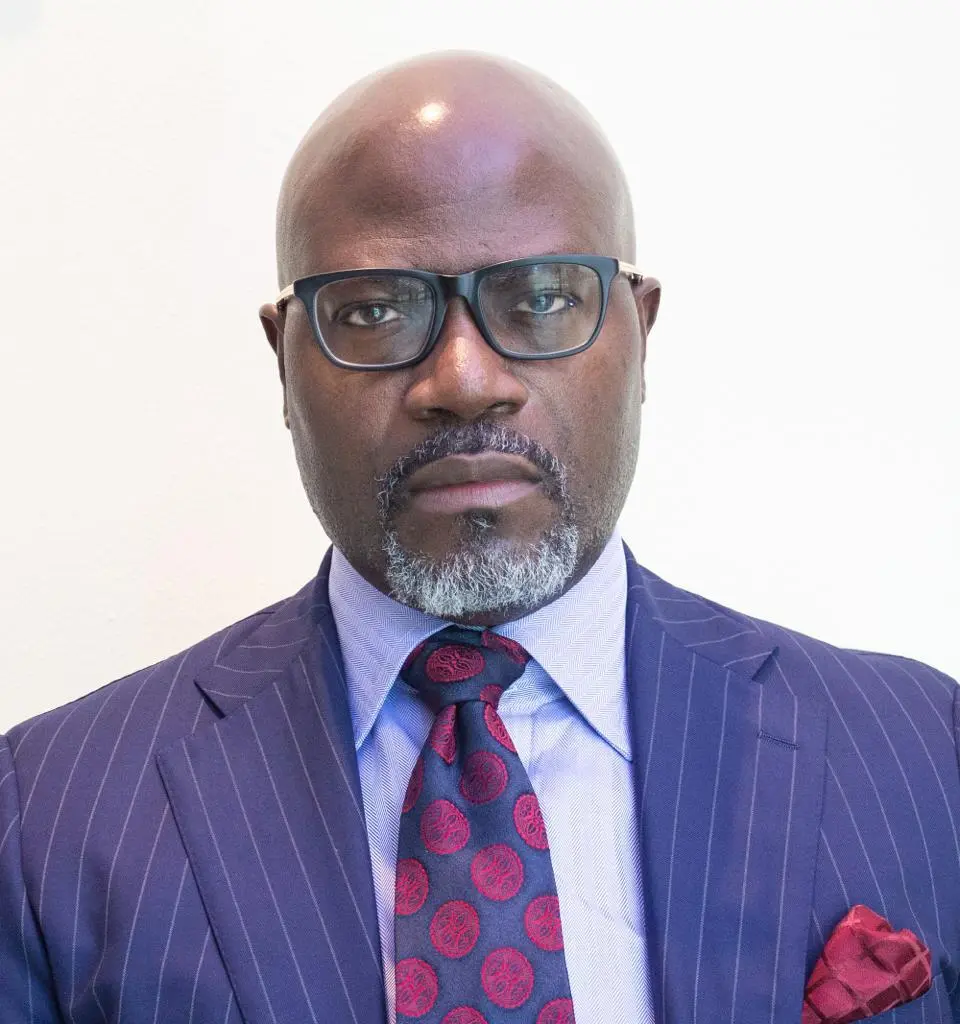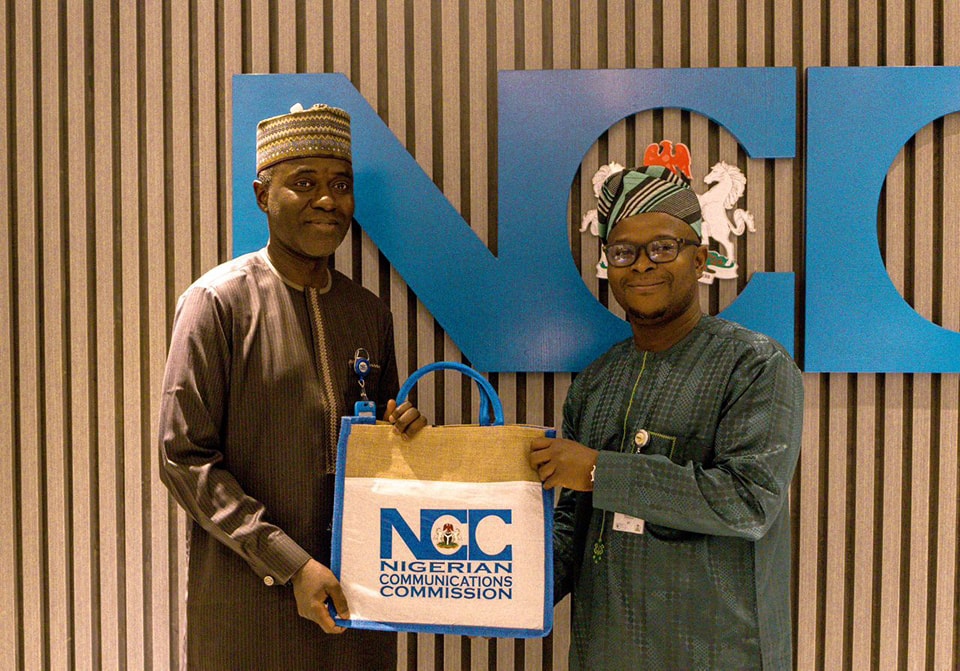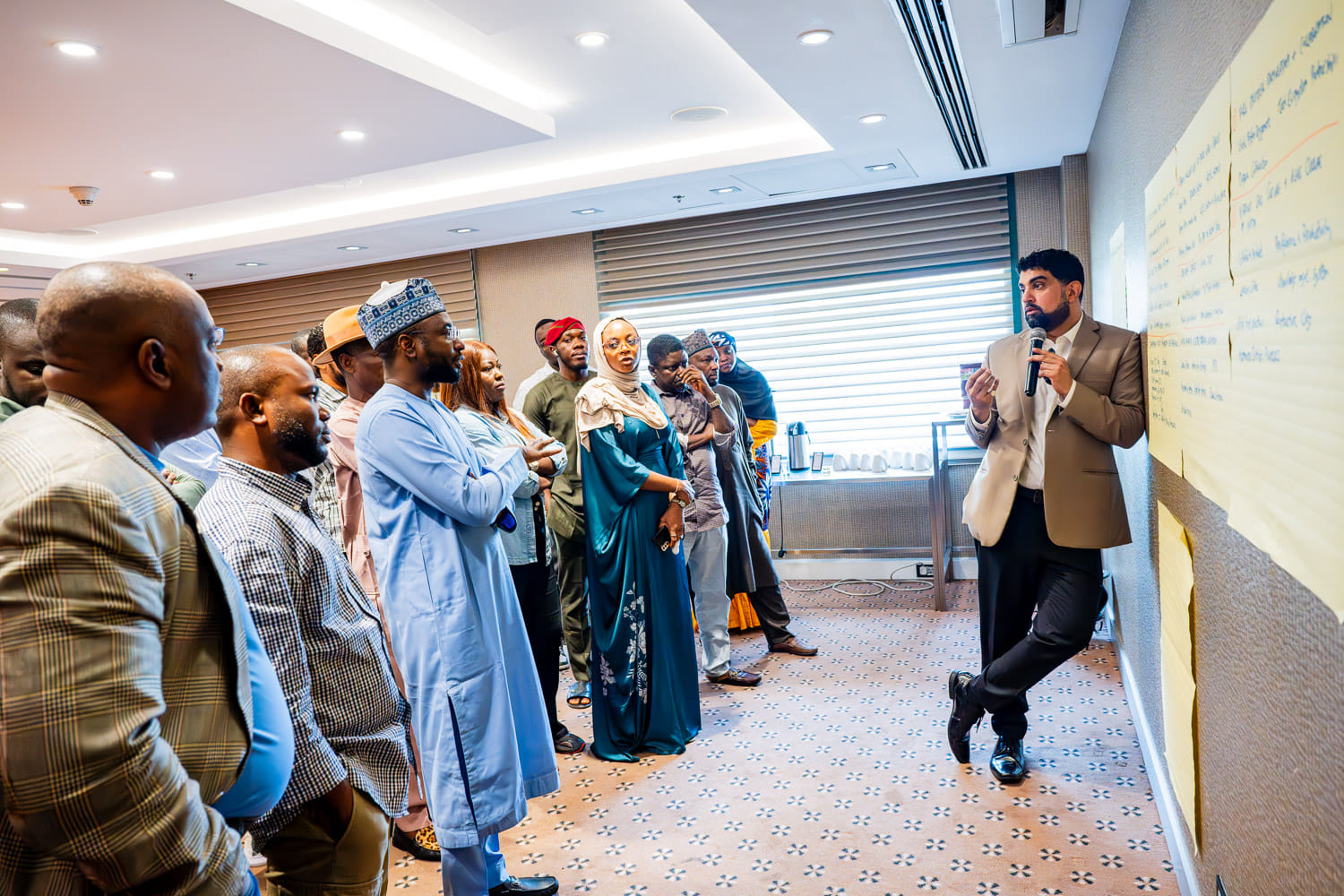Chikwe Ihekweazu, the Assistant Director General at the World Health Organization (WHO), shared his reflections on the recent 78th United Nations General Assembly (UNGA) and its pivotal role in advancing global pandemic preparedness and response efforts.
In a historic moment, Ihekweazu attended his first United Nations General Assembly, where he proudly represented the World Health Organization as part of its delegation. The UNGA, held annually, included a High-Level Meeting on Pandemic Prevention, Preparedness, and Response this year.
The highlight of this gathering was the unanimous approval by all 193 United Nations Member States of a crucial political declaration. This declaration underscores a collective commitment to enhance global readiness for future pandemics and reaffirms the vital role played by organizations like the WHO in tirelessly addressing health challenges around the clock.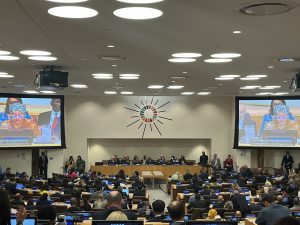
Just four months ago, Dr. Tedros Adhanom Ghebreyesus, the Director-General of the WHO, declared an end to the COVID-19 pandemic as a public health emergency. However, the world continues to grapple with the aftermath of the pandemic, alongside increasingly complex and protracted health crises. The UNGA provided a platform to harness political momentum and reiterate the dedication to safeguarding the global population from health threats.
With the political commitment secured, the next imperative for WHO’s Member States is to implement the new pandemic instrument by May 2024. This instrument aims to establish a united global ecosystem that bolsters local, national, and regional health systems while emphasizing global trust and solidarity in delivering equitable and timely countermeasures.
The WHO Hub for Pandemic and Epidemic Intelligence is playing a pivotal role in transforming global surveillance and public health intelligence. Through collaborative surveillance, the WHO is enhancing the capacity and cooperation among diverse stakeholders in surveillance, transcending borders and sectors. The ultimate goal is to empower leaders with the ability to make rapid and flexible decisions through improved public health intelligence.
Recognizing the uniqueness of each country’s situation, collaborative surveillance underscores the importance of intentional collaboration. It is essential to work together across geographical boundaries, disciplines, and disease surveillance systems to foster regional and global cohesion for future health emergencies. At the core of this collaborative effort are national public health agencies, with statutory responsibility for surveillance in every country.
While the High-Level Meeting at UNGA23 marked a significant milestone, Ihekweazu emphasized that there is much work ahead. The global community remains committed to the continued pursuit of a safer and healthier world.
Chikwe Ihekweazu serves as the Assistant Director General at the World Health Organization (WHO).

